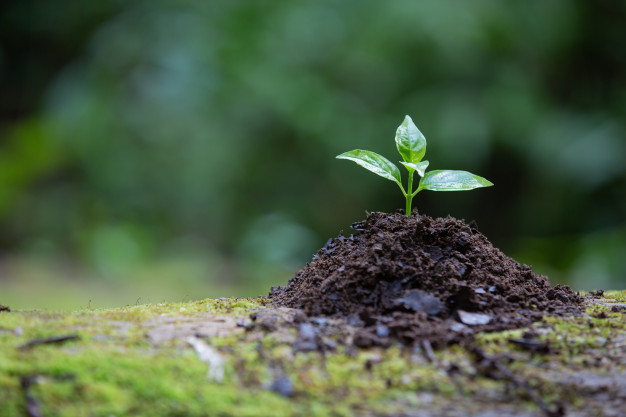Abiotic Stress is the negative impact of non-living things on living things in a environment.
In a similar way Biotic Stress happens when due to living organisms such as bacteria, virus.
Plants respond to abiotic stress in a different manner. Some plants survive the stress and some die.
Some plants try to cope with the Abiotic stress such as soil soil salinity, extreme temperature and drought. Plants constantly try to survive the biotic stress such as herbivore attack, pathogen infection as well as abiotic stress such as extreme cold, salt, toxic soil.
Plants has various sensing capability for environmental signals but we have not been able to identify all of the sensing capability.
Arabidopsis OSCA1 is the punitive sensor for hyperosmotic stress such as high salt, cold, and heat.
COLD1 – Rice was recently reported to mediate cold stress sensing. COLD1 mediated calcium signaling that lead to chilling tolerance but it is unclear how COLD1 mediated calcium signaling.
Abiotic stress can lead to negative impact of agricultural production and rice is the main example of this. In India rice production gets affected due to drought and high salinity. Wheat production also gets affected due to lack of water.
Abiotic stress mainly happens in agricultural sectors and it affects around 831 million hectares of land.
Over the years many plants have mutated itself and discovered different mechanisms to overcome soil salinity. Ethylene in plants is a good combatant of salinity. It helps dealing with stress conditions.





